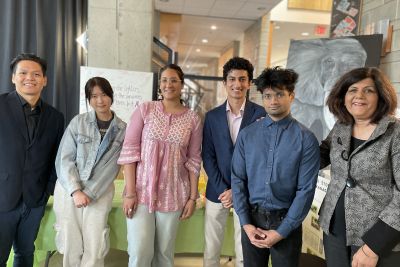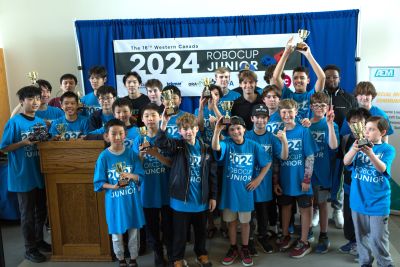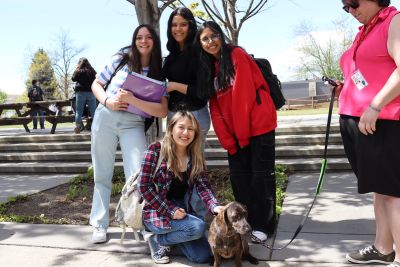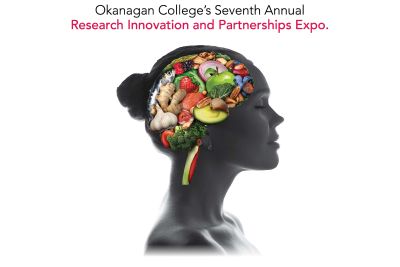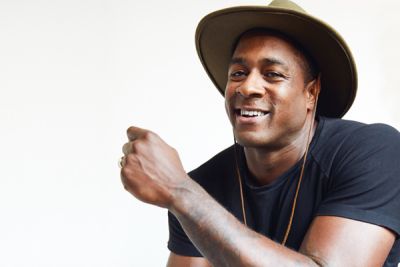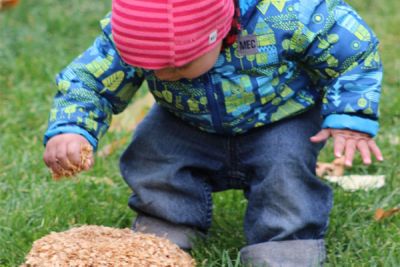Myrah and Rempel reflect on Allyship in Research project

Okanagan School of Business professors Kyleen Myrah and Kerry Rempel are reflecting on their allyship journey, lessons learned and relationships forged as a result of a unique community research project.
Their “Allyship in Research” project recently brought together a vast array of diverse community voices in discussion around lived experiences of homelessness, and what it truly means to be an ally.
The Allyship in Research Toolkit they developed provides researchers and practitioners with a framework to embed lived and living experience, and allyship, into their work.
The accompanying “Creating Allyship in Research” videos provide insight from those with experience in the area of homelessness – from service providers to those with lived experience of homeless – highlighting why allyship in research is needed.
The pair were recognized earlier this year with a grant from the John Dobson Foundation and Enactus Canada for the project. As they are quick to point out, while they’re deeply grateful for the support and recognition, an even greater honour came through the people they had the privilege of meeting, working with and learning from during the project.
Myrah and Rempel were recently interviewed about this project and others on a podcast by KelownaNow.
They’ve also been accepted to present this work at the Canadian Alliance to End Homelessness national conference this November (virtual conference) with lived experience co-researchers Sherry Landry (left in photo) and Dorothy Goodeye (right).
Looking back on the project and their ongoing four-year-plus allyship journey, Myrah and Rempel shared the following:
Kyleen Myrah
Before starting this project, we looked back at some of the work we did with people with lived experience of homelessness, and we knew it was just the start of the conversation and what was possible - it was just scratching the surface. We realized we were missing out by not actively engaging in allyship to the full extent we could in our research. So, we took the needed step - we educated ourselves further. We took a course in allyship with Indigenous peoples at UBC Okanagan. It gave us new insight into relationship building and a new lens on research.
We said to ourselves: “if we’re feeling this way, if we’re wanting to be good allies as researchers, but are feeling unsure of how to do so, then it's likely others are too.”
When we began to integrate aspects of allyship into research, it made the research project and the data so much richer, the process so much better. The whole experience taught me what we need to do and can do - which is doing research differently, through this lens of allyship.
When we do the meaningful work, consult, open yourself up to difficult conversations and hard questions, there’s so much greater opportunity to build trust and meaningful relationships. People feel heard. It also brings people - the community - into research. It empowers them, and disrupts some of the very “ivory tower” power imbalances and perceptions of academia that exist. Now, the people we worked with, they’re conducting their own research and co-presenting with us, which has been incredibly rewarding and an honour to be part of.
Kerry Rempel
We started with the intention to learn and do something in support of the community. We didn’t start as experts on homelessness or allyship, but we seized every opportunity to listen and learn that came our way.
We were fortunate to work with people who allowed us to learn alongside them. Reflecting on this, I would convey to others looking to do the same, to become an ally: know that there is room and grace to learn as you go.
It’s about relationship building. Starting with relationships you have, and being open and brave in making new ones. We’ve had people tell us: the important part is to start. You won’t get it all right. You won’t say all the right words or ask all the right questions. Be open to the fact that you’ll be educated.
Tags: Inside OC

